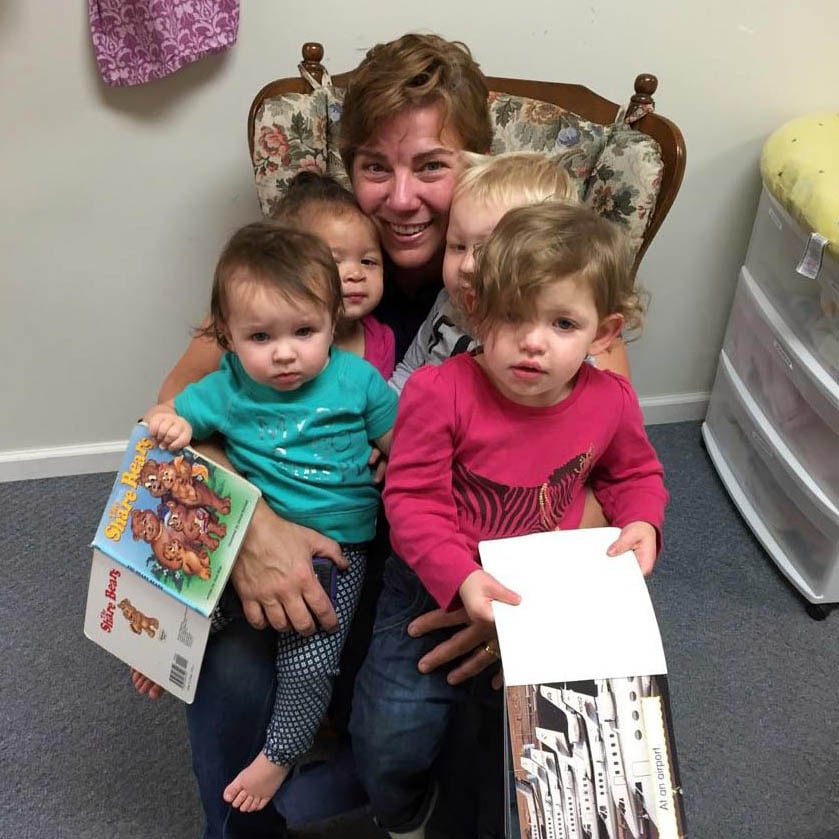 Finding Help, Finding Hope. That’s the theme of this year’s National Children’s Mental Health Awareness Day. Awareness Day was created to help focus the nation’s attention on the importance of children’s positive mental health and the essential role it plays in overall healthy development.
Finding Help, Finding Hope. That’s the theme of this year’s National Children’s Mental Health Awareness Day. Awareness Day was created to help focus the nation’s attention on the importance of children’s positive mental health and the essential role it plays in overall healthy development.
On Thursday at 7 p.m. EST, the Substance Abuse and Mental Health Services Administration (SAMHSA) will host a live webcast, available nationwide, on “how communities can increase access to behavioral health services and supports for children, youth, and young adults who experience mental or substance use disorders and their families.” (Details below.)
Mental disorders in children
In 2009, the National Research Council and the Institute of Medicine gathered findings from various studies and published the results. It estimated that between 13 and 20 percent of children living in the U.S. experience a mental disorder in a given year. Childhood mental disorders include Attention Deficit/Hyperactivity Disorder (ADHD), conduct disorder, depression, anxiety, and Post-Traumatic Stress Disorder (PTSD), among others. Symptoms often start in early childhood, and can impact how a child plays, learns, speaks, and acts (source: Centers for Disease Control). Some disorders are chronic and last into adulthood. Early diagnosis and treatment are key to helping children cope and even thrive.
Awareness Day events
The national webcast will feature a discussion behavioral health experts, families, health care providers, and law enforcement experts about strategies for accessing behavioral health services and supports. Click here for a link to the webcast. Audience members nationwide will be able to participate in the discussion by sharing questions, ideas, and comments via Twitter (#HeroesofHope), or text (Text, Talk, Act).
Resources
See the list of resources below about what to do if you suspect a child is experiencing a mental health disorder and/or behavioral challenges:
Parents
- Mental Disorders and Disabilities Among Low-Income Children (National Academies)
- MentalHealth.gov
- Infant and Early Childhood Mental Health (ZERO TO THREE)
Educators
(These were developed for Head Start programs, but the principles apply to child care settings as well)
- Resources for Head Start Staff (Center for Early Childhood Mental Health Consultation)
- Practical Strategies for Teachers/Caregivers (Center on the Social and Emotional Foundations for Early Learning)
- Mental Health (Early Childhood Learning and Knowledge Center)





